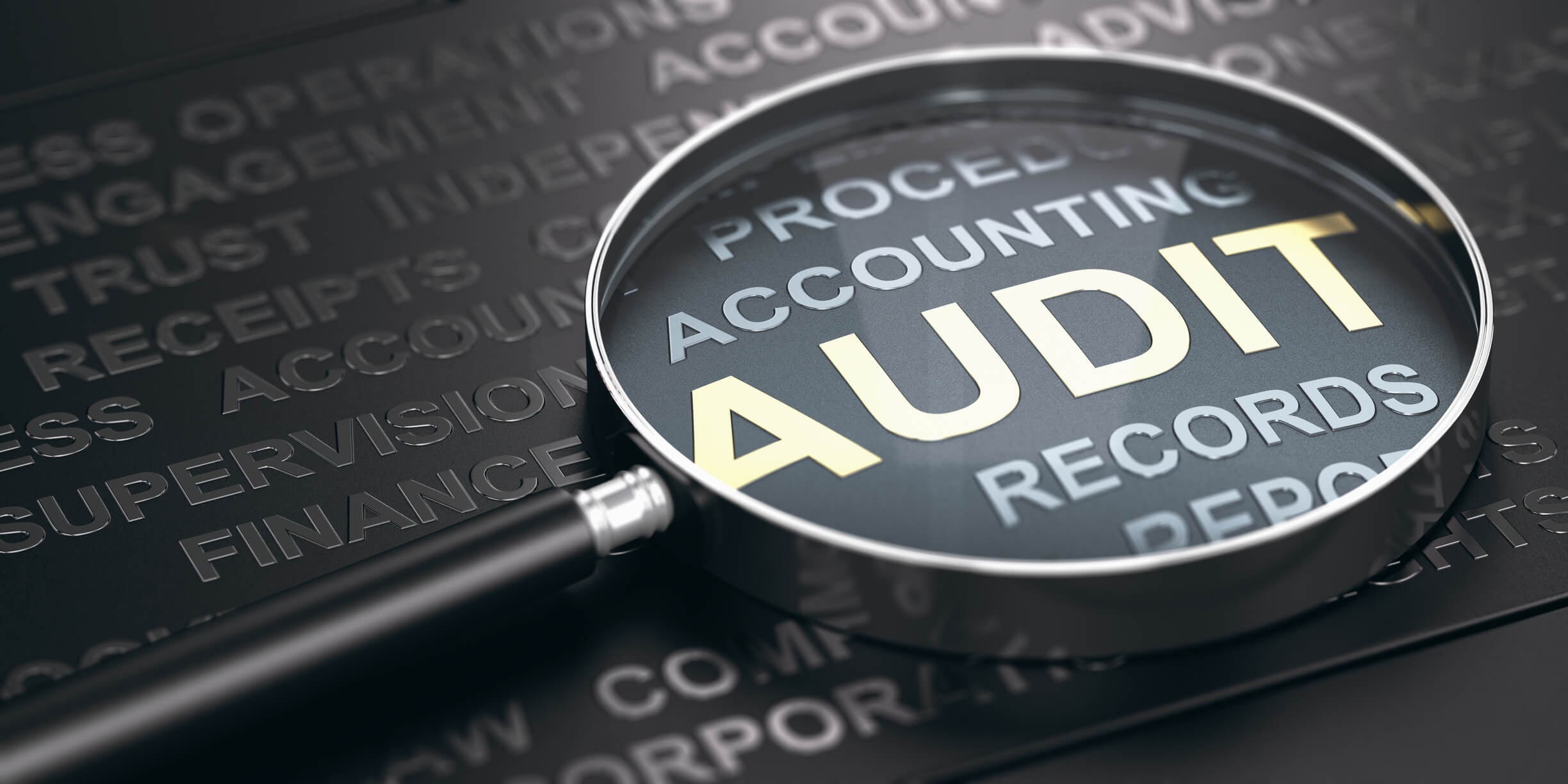What Does it Mean for a Business to be “Audit-Ready”?
- Financial reports and other reports are prepared
- Files for audit work papers are prepared
- Models for unit pricing are developed and reviewed
- Establishment of a process for risk management and already conducting a risk assessment
- Issues of accounting, audit, and taxation strategies are prepared
- Provision of values for financial reports
- Provision of technical opinions for new standards and changes in accounting and financial reporting

Audit-Ready Bookkeeping Defined:
Being ready for an audit requires skills and knowledge. A mixture of tax laws, accounting values, an understanding of requirements for CRA audit, and an understanding of the best categorization for an expense is required for bookkeeping to be ready to be audited.
Why is it Necessary to Have Audit-Ready Bookkeeping?
A conventional accounting system follows GAAP (Generally Accepted Accounting Principle). The major drawback of this system is that it is not audit-ready. Businesses are placed into an end turn at audit time. CRA has an engraved and dehydrated audit process. Accounting should be done in a suitable mode, which is audit-ready. We have acknowledged that the limits of bookkeeping software and simply the training of accountants are not how to have the books ready for an audit.

The most sensible method of bookkeeping is to make it ready for audit. When bookkeeping reflects the exact figure of the tax return, which is stable and justified by an auditor and owner, it shows that each step is transparent. A company that is not afraid of audits because they are always ready for one is known to be an honest and transparent organization. If records are well maintained and organized, then bookkeeping is more straightforward and prepared for an audit, tax time, and to provide feedback to its owner.
Steps in Auditing
Categorization of expenses
The critical step in audit-ready bookkeeping is the categorization of expenses.
- Direct expenses
- Capital expenses that have lasting benefits
Organized documentation
All source documents, slips, deposits, invoices, and records are well organized. Documents of all business dealings and transactions are gathered. This data justifies an auditor. All kinds of business events affect a business financially. A bookkeeper knows the relevant information and its financial effect on business transactions. A company is either worse off or better off due to its dealings. The bookkeeping procedures identify the financial and business aspects of the relevant information regarding each transaction.
Tracking number
A tracking or item number is assigned to all financial transactions. This number is critical for an audit as it is used to trace the trail of all transactions.
Financial statements
Business statements should justify expenses. At times, all expenses are not justifiable. A few can be inappropriate and not appropriately allocated. These expenses result in loss and huge costs for the business. Auditors make assumptions about expenses and critically evaluate them. All of these steps are critical in maintaining up-to-date records, preparation, and management of accounting reports, government audits, tax returns, and audit-ready bookkeeping—poor bookkeeping results in loss of money for the business and its owners.
An audit-ready business
- Enhances the compliance of the business with internal revenue service regulations.
- Enhances the company’s credibility with the public, investors, and other stockholders.
- Prevents fraudulent cases and business losses by detecting discrepancies in early
- Improves accounting processes and internal controls.
- All the above advantages guarantee high-level investments to audit-ready businesses because it declares that it is transparent and safe for investment.
- Investors know they will not face losses or fraud in an audit-ready business.
Conclusion
An audit-ready business attracts investors to make high-level investments because of the guaranteed profits and the minimized chance of loss and risk to their money.



